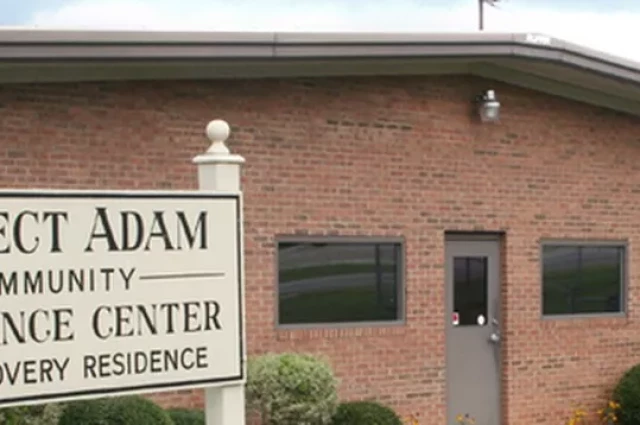Project ADAM Community Assistance Center Information
Treatment
Who We Treat
- Young Adults (18–25)
- Adolescents
- Older Adults
- Male and Female
Treatment Focus
- Men
- Drug Addiction
- Anger
- Alcohol
Approaches
- Twelve Step
- Group Therapy
- Family Therapy
- Christian
- Evidence-Based
- 1-on-1 Counseling
- Cognitive Behavioral Therapy (CBT)
- Twelve Step Facilitation
- Individual Treatment
- Online Therapy
- Life Skills Training
Conditions We Treat
- Trauma
- Anger
Substances We Treat
- Chronic Relapse
- Alcohol
Aftercare
- Outpatient Treatment
- Employment Counseling
- Housing Services
- Continuing Care
- Discharge Planning
- Support Meetings
Level of Care
- Day Treatment
- Intensive Outpatient Program (IOP)
- Outpatient
- Residential Rehab
- Co-Occurring Mental Health
Experience
Personal Amenities
- Private or Shared Rooms
- Air-Conditioned Rooms
- Allow Cell Phones
On-Site Activities
- AA/NA Meetings
Smoking and Vaping Policy
- Smoking Allowed in Designated Areas
- Vaping Not Allowed
Accreditations
-
Commission on Accreditation of Rehabilitation Facilities (CARF)
CARF accreditation is a prestigious recognition for rehabilitation and human service organizations. It signifies that an organization meets high-quality standards and is committed to providing top-level care. CARF conducts rigorous evaluations to ensure compliance, enhancing an organization's credibility and reassuring clients and funders of exceptional service quality. This accreditation promotes excellence and continual improvement in the rehabilitation and human services field.

Project ADAM Community Assistance Center Accepts The Following Insurance Plans
Find the best treatment options. Call our free and confidential helpline today!

